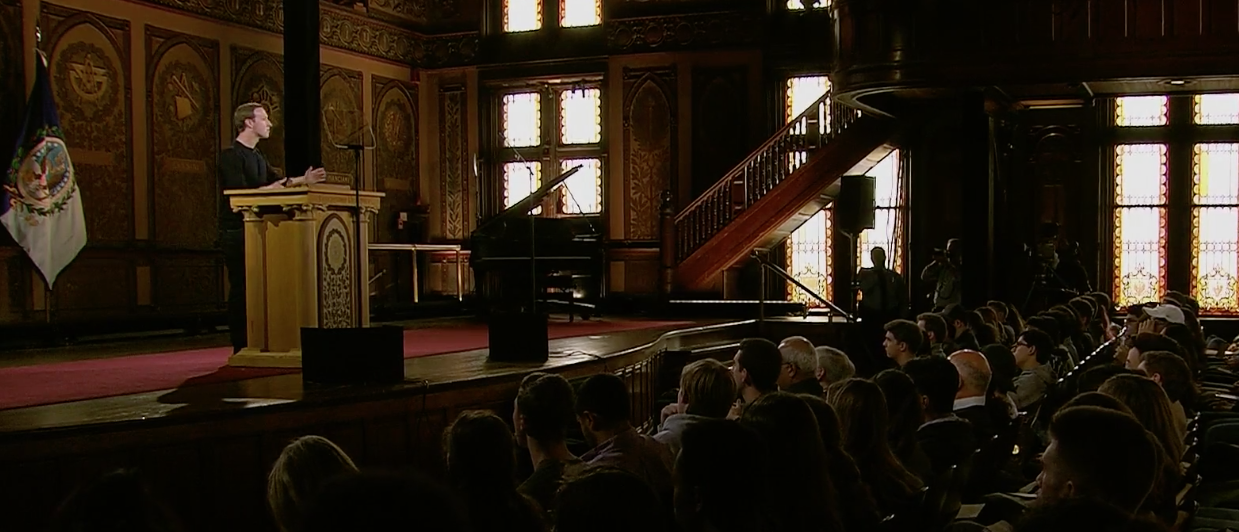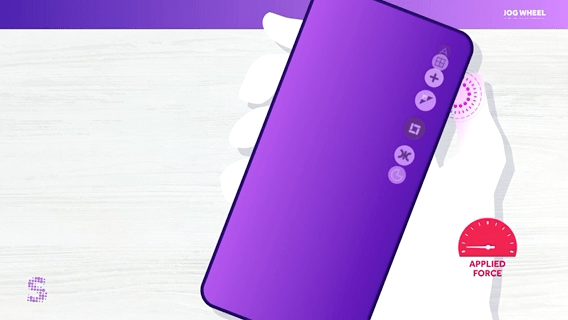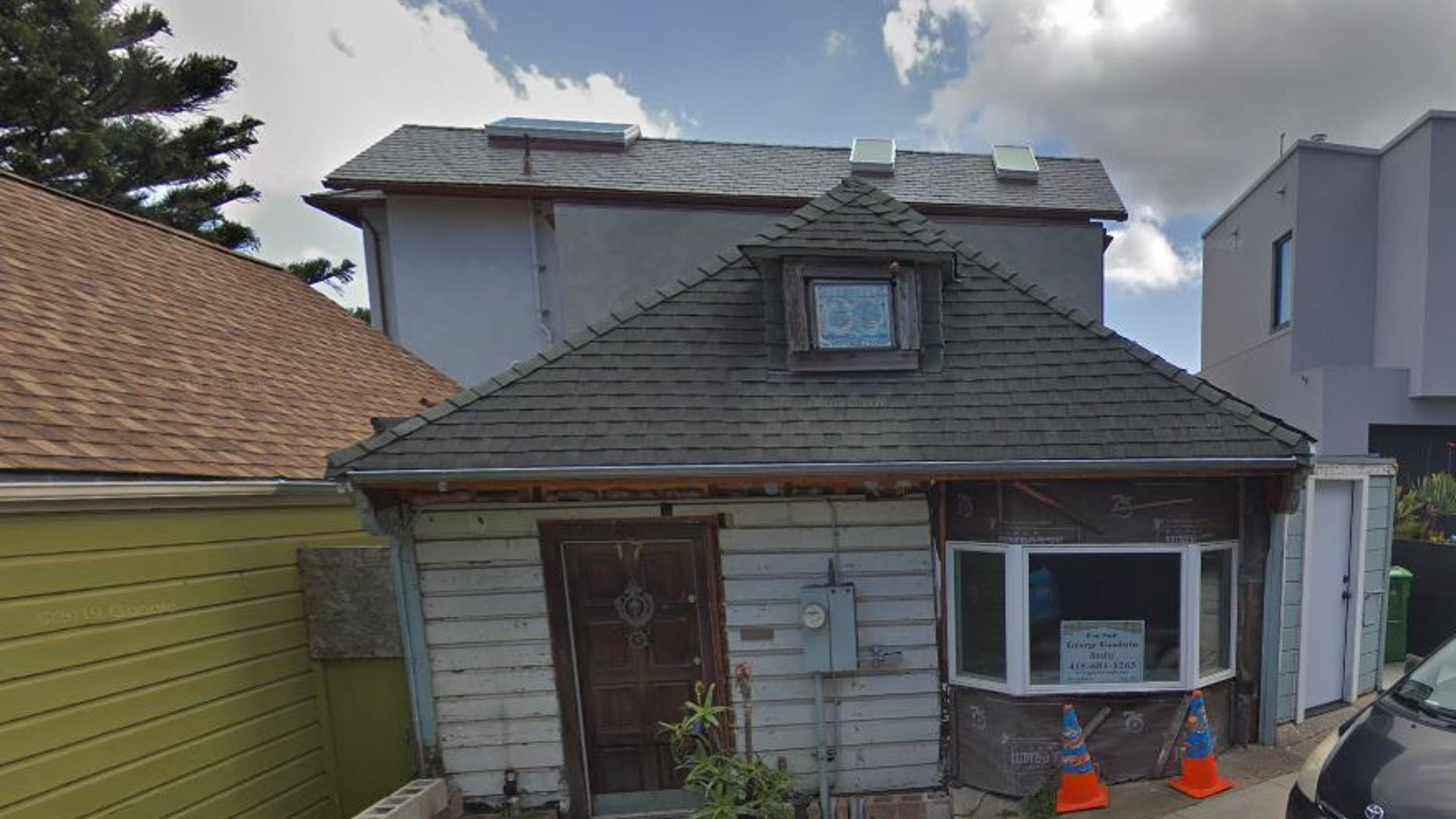What do BMW, Tencent, Pokémon Go creator Niantic, film executive Jon Favreau and construction hulk Skanska have in common? They’re all regulating a same height to emanate their products.
Founded in a tiny Copenhagen unit in 2004, Unity Technologies’ creates a diversion engine — a program height for building video games. But a company, that was recently valued around $6 billion and could be headed toward an IPO, is apropos most some-more than that.
“Unity wants to be a 3D handling complement of a world,” says Sylvio Drouin, VP of a Unity Labs RD team.
Customers can design, buy, or import digital resources like forests, sound effects, and aliens and emanate a proof running how all these elements correlate with players. Nearly half of a world’s games are built with Unity, that is quite renouned among mobile diversion developers.
And in a fourteen years given Unity’s engine launched, a distance of a tellurian gaming marketplace has exploded from $27 billion to $135 billion, driven by a arise of mobile gaming, that now comprises a majority of a market.
Unity is increasingly used for 3D pattern and simulations opposite other industries like film, automotive, and design and is now used to emanate 60% of all protracted and practical existence experiences. That positions Unity — as Facebook CEO Mark Zuckerburg argued in a 2015 memo in preference of appropriation it — as a pivotal height for a subsequent call of consumer record after mobile.
Unity’s expansion is a box investigate of Clayton Christensen’s theory of disruptive innovation. While other diversion engines targeted a large AAA diversion makers during a tip of a console and PC markets, Unity went after eccentric developers with a reduction strong product that was improved matched to their needs and budget.
As it gained popularity, a association prisoner expansion in limit marketplace segments and also stretched upmarket to accommodate a needs of higher-performance diversion makers. Today, it’s creation a pull to turn a tip engine for building anything in interactive 3D.
This essay is partial of my ongoing investigate into a destiny of interactive media experiences. This investigate has enclosed interviews with dozens of developers, executives, and investors in gaming and other industries, including interviews with over 20 Unity executives.
Founding
Unity was founded in Copenhagen by Nicholas Francis, Joachim Ante, and David Helgason. Its story began on an OpenGL forum in May 2002, where Francis posted a call for collaborators on an open source shader-compiler (graphics tool) for a niche race of Mac-based diversion developers like himself. It was Ante, afterwards a high propagandize tyro in Berlin, who responded.
Ante complemented Francis’ concentration on graphics and gameplay with an discerning clarity for back-end architecture. Because a diversion he was operative on with another group wasn’t going anywhere, they collaborated on a shader part-time while any followed their possess diversion engine projects, though motionless to mix army on assembly in-person. In a scurry to combine a codebases of their engines, they camped out in Helgason’s unit for several days while he was out of town. The devise was to start a diversion studio grounded in strong tech infrastructure that could be protected as well.
Helgason and Francis had worked together given high school, operative on several web growth ventures and even ephemeral attempts during film production. Helgason forsaken in and out of a University of Copenhagen while operative as a freelance web developer. He supposing assistance where he could and assimilated full-time after several months, offered his tiny interest in a web growth organisation to his partners.
According to Ante, Helgason was “good with people” and some-more business-oriented, so he took a CEO pretension after a contingent unsuccessful to find a some-more gifted chairman for a role. (It would be dual years before Ante and Francis extended a co-founder pretension and a analogous volume of equity to Helgason.)
They recruited a rotating expel to assistance them for giveaway while prototyping a far-reaching operation of ideas. The farrago of ideas they followed resulted in an engine that could hoop a extended operation of use cases. Commercializing a engine became a focus, as was entrance adult with a strike diversion that would uncover a engine off to a best advantage; for indie developers, carrying to refurbish an engine with each new diversion thought was a pain indicate that, if solved, would capacitate some-more artistic output.
Supported by their savings, a €25,000 investment from Ante’s father, and Helgason’s part-time pursuit during a café, they pulpy on for 3 years, incorporating in a second year (2004) with a name Over The Edge Entertainment.
The diversion they eventually committed to rising in open 2005, GooBall, was “way too tough to play,” says Ante and didn’t benefit most traction. Recognizing that they were improved during building growth collection and prototypes than commercially-viable games, they gamble their association on a idea of releasing a diversion engine for a tiny Mac-based developer community. Linking a connotations of partnership and cross-compatibility, they named a engine Unity.















